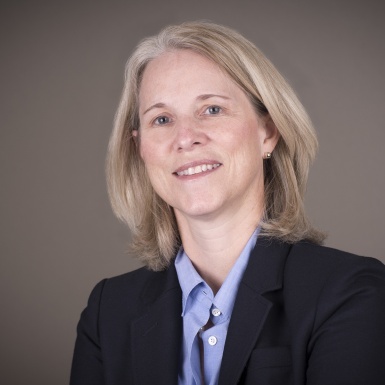Conversations with Greg O'Brien
Sign up and receive information on the latest news and updates.
“Memory is the treasury and guardian of all things”—Marcus Tullius Cicero, 63 BC
Having spent an extensive career in newspapering, there’s an old axiom in the media: if you don’t tell your own story, someone else will tell it for you. So here’s our story in summary. From a perspective of those living with dementia, we’re best to tell it. I stand before you today as a humble messenger.
As a person living with Alzheimer’s, one whose family tree has been shaken horribly by this disease, I can tell you with great assurance that the most accurate perspective on dementia is not always in the research lab, or the neurologist’s office, but from inside the mind of dementia itself where in real time, a wrenching, often unpredictable, onset of horrific symptoms wreak havoc in ways most others cannot understand. The frontline in this battle—the special forces, if you will—are those afflicted with this disease and their caregivers. While not all in later stages can speak to the decimation of dementia, those of us who can carry a torch. We speak from the heart.
In the past, sadly, those with dementia felt discounted on many fronts, disregarded, and ignored. There will always be obstacles—countless barriers of misunderstanding, indifference, lack of funding, the dense complexity of Dementia. I am deeply concerned about this. Thus, we must work to overcome these hurdles with persistence, faith, hope, and we must walk together, arms tightly locked—those suffering from dementia and the best medical minds in the world. Collectively, we can beat this!
It’s been said that Alzheimer’s and other forms of dementia are like snowflakes, no two patterns are alike, which wholly exacerbates the search for a cure and a better understanding of early detection. For some, the journey is brief, while for others, like me and my brothers and sister here, Alzheimer’s and other forms of dementia can take up to 20 to 25 years to run their twisted course. And the pathology, experts note, can begin without symptoms when someone is in their 40s. And so we need to learn how to live with Dementia. The dying part comes later. Though there are days when I can’t wait….
Stephen King could not have designed a better plot.
I know the frontline well: Alzheimer’s and other forms of dementia stole my maternal grandfather, my mother, my father, and my paternal uncle. Now Alzheimer’s has come for me. I was diagnosed with Early Onset Alzheimer’s a few years ago after suffering horrific symptoms of the disease and after sustaining life-threatening head traumas that doctors say “unmasked” a disease in the making. I also carry the Alzheimer’s marker gene, APOE-4 that appears from both sides of the family.
Indeed, this is a serpentine journey for all. In my walk today: 60 percent of my short-term memory can be gone in 30 seconds; I don’t recognize people I’ve known all my life, including my wife on two occasions; I experience penetrating, horrific hallucinations, fly into inexorable rage when the light in the brain goes out; I have a debilitating loss of filter, judgment and time and place. To complicate my situation, I have no feeling now in both my feet up to my knees, and I sustain blackouts, with the right side of my body collapsing without notice, and I’m slowly slipping into bankruptcy. I also have cancer that I’m not treating; it is my exit strategy.
My mother, the hero of my life, taught me long ago that lying down is the position of defeat. So as an embedded journalist, speaking from inside the mind of Dementia, as I’ve done in writing On Pluto, I have chosen to fight this demon for my family, my children and grandchildren, and for you, your children and grandchildren, encouraging them with hope and vision while researchers and medical experts race for a critical mass of better awareness, swifter detection, and for a cure.
The train indeed has left for me and for others here. Despite the best of efforts, we’re probably not returning. We know that. But if we can fight alongside individuals like you, if we can fight to find a cure for our children and our grandchildren, then the journey will be worth it.
You’ve given us a seat at the table to speak directly, candidly with clinicians and researchers, to keep a focus on better care and a cure.
Please keep us at the table. We won’t disappoint. A favorite quote of mine is that of Earnest Hemingway, who writes in A Farewell to Arms, “The world breaks everyone, and afterwards, some are strong in the broken places.”
So let us all be strong in the broken places…
God Bless You.
Greg O'Brien is the author of the award-winning book "On Pluto: Inside the Mind of Alzheimer's," and is a Board member of UsAgainstAlzheimer's. He is featured in UsAgainstAlzheimer's On Pluto podcast. Greg gave these closing remarks at the National Research Summit on Dementia Care: Building Evidence for Services and Supports at the National Institutes of Health on October 17, 2017.
